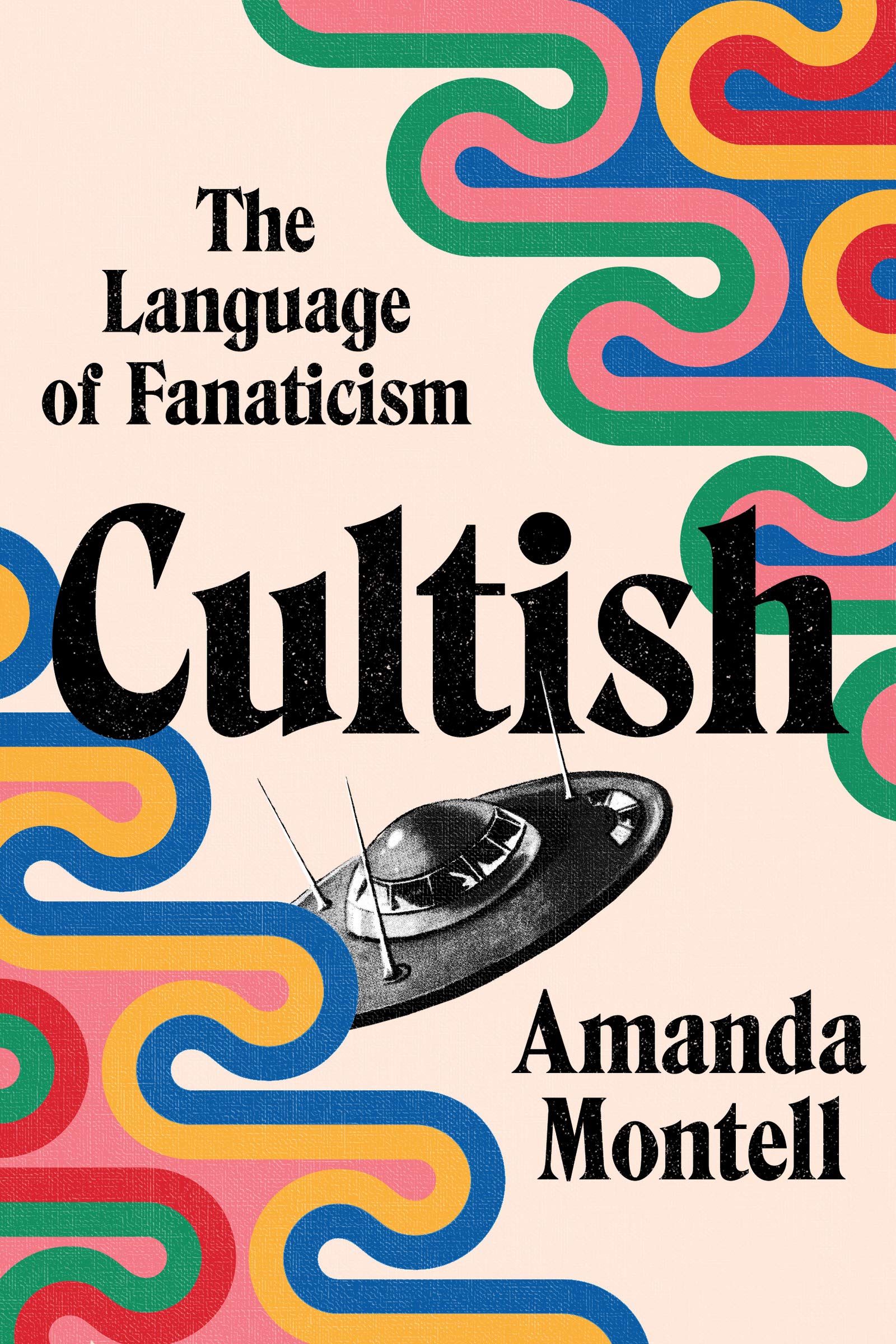More on this book
Community
Kindle Notes & Highlights
What techniques do charismatic leaders use to exploit people’s fundamental needs for community and meaning? How do they cultivate that kind of power?
The real answer all comes down to words. Delivery. From the crafty redefinition of existing words (and the invention of new ones) to powerful euphemisms, secret codes, renamings, buzzwords, chants and mantras, “speaking in tongues,” forced silence, even hashtags, language is the key means by which all degrees of cultlike influence occur.
Language is a leader’s charisma. It’s what empowers them to create a mini universe—a system of values and truths—and then compel their followers to heed its rules.
“Without language,
there are no beliefs, ideology, or religion,” John E. Joseph, a professor of applied linguistics at the University of Edinburgh, wrote to me from Scotland. “These concepts require a language as a condition of their existence.” Without language, there are no cults.
But with a glimmer of willingness, language can do so much to squash independent thinking, obscure truths, encourage confirmation bias, and emotionally charge experiences such that no other way of life seems possible.
“Language provides a culture of shared understanding,”
Hassan says that groups toward the destructive end use three kinds of deception: omission of what you need to know, distortion to make whatever they’re saying more acceptable, and outright lies.
Human beings are really bad at loneliness. We’re not built for it. People have been attracted to tribes of like-minded others ever since the time of ancient humans, who communed in close-knit groups for survival.
flexibility without structure isn’t flexibility at all; it’s just chaos.
a short-lived vegan farming cult in Massachusetts called
Fruitlands, which was founded by philosopher Amos Bronson Alcott, an abolitionist, women’s rights activist, and father of Little Women author Louisa May Alcott.
“Because it’s inherently pejorative,” argued religion professor at San Diego State University, Rebecca Moore, during a phone interview. “It’s simply used to describe groups we don’t like.”


